Skoda is set to launch four new battery-electric vehicles (BEVs) and two updated Enyaq iV family models, with the Czech carmaker planning to expand its BEV range to six models by 2026. Skoda will have invested a total of 5.6 billion euros in e-mobility by 2027. Skoda is focused on sustainable and individual mobility, aiming to provide the best of both worlds through its efficient conventional and hybrid-powered models.
If the recent vRS that we tested is anything to go by, then we're definitely excited to see what the Czech designers have to offer. Klaus Zellmer, Chairman of the Board of Skoda told media, “With six new all-electric models across all segments by 2026, Skoda is moving even faster towards sustainable, electric, individual mobility.”
Martin Jahn, Skoda Board Member for Sales and Marketing added, “Skoda's new battery-electric models will cover all vehicle segments that are relevant to customers by 2026. These will include an entry-level sub-compact model in the A0 segment priced at around €25,000 and will be produced at a Volkswagen Group Plant in Spain – as well as an all-electric successor to the Skoda Karoq named Elroq.”
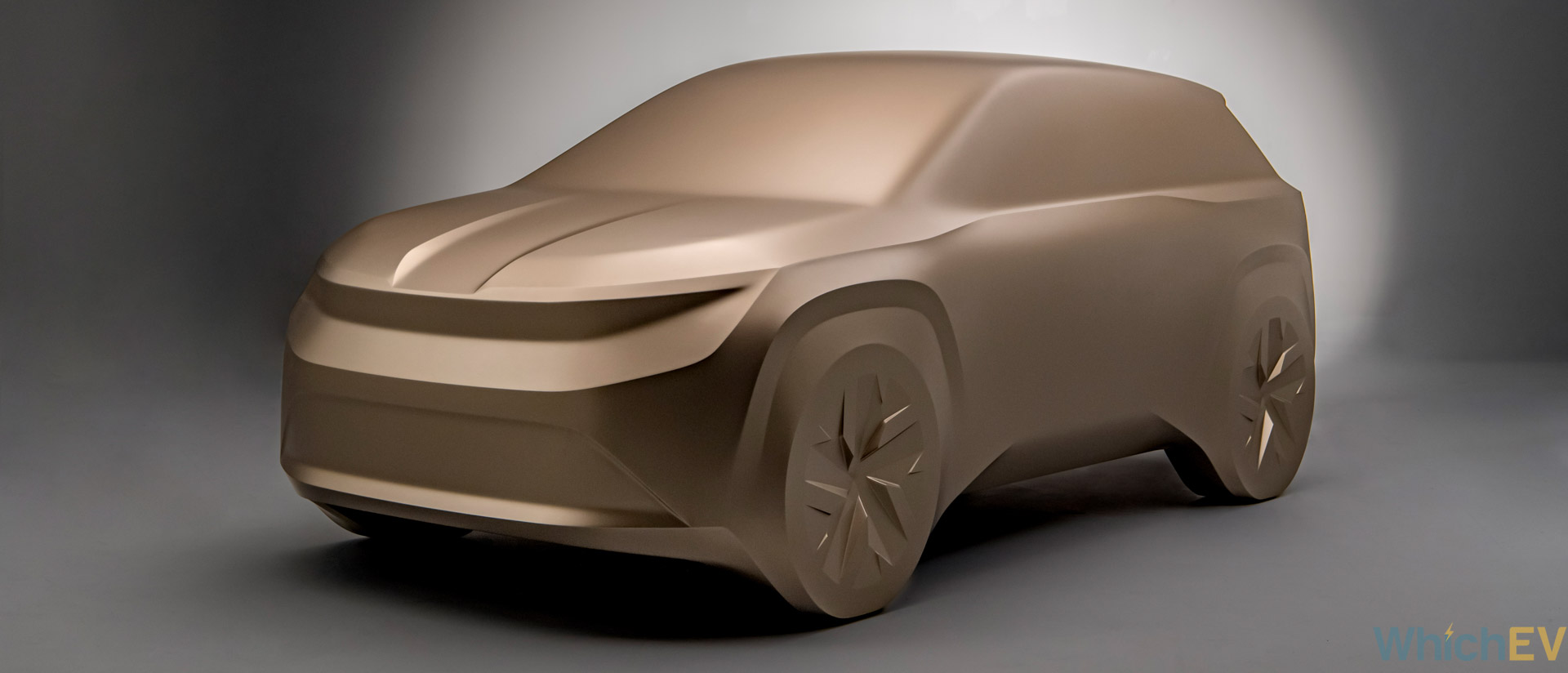
Both a 4.7m long estate car and a seven-seater production car will also be introduced in 2026. The seven-seater car will be based on a concept presented in August 2022 and will be the largest in the new range, measuring around 4.9 metres in length.
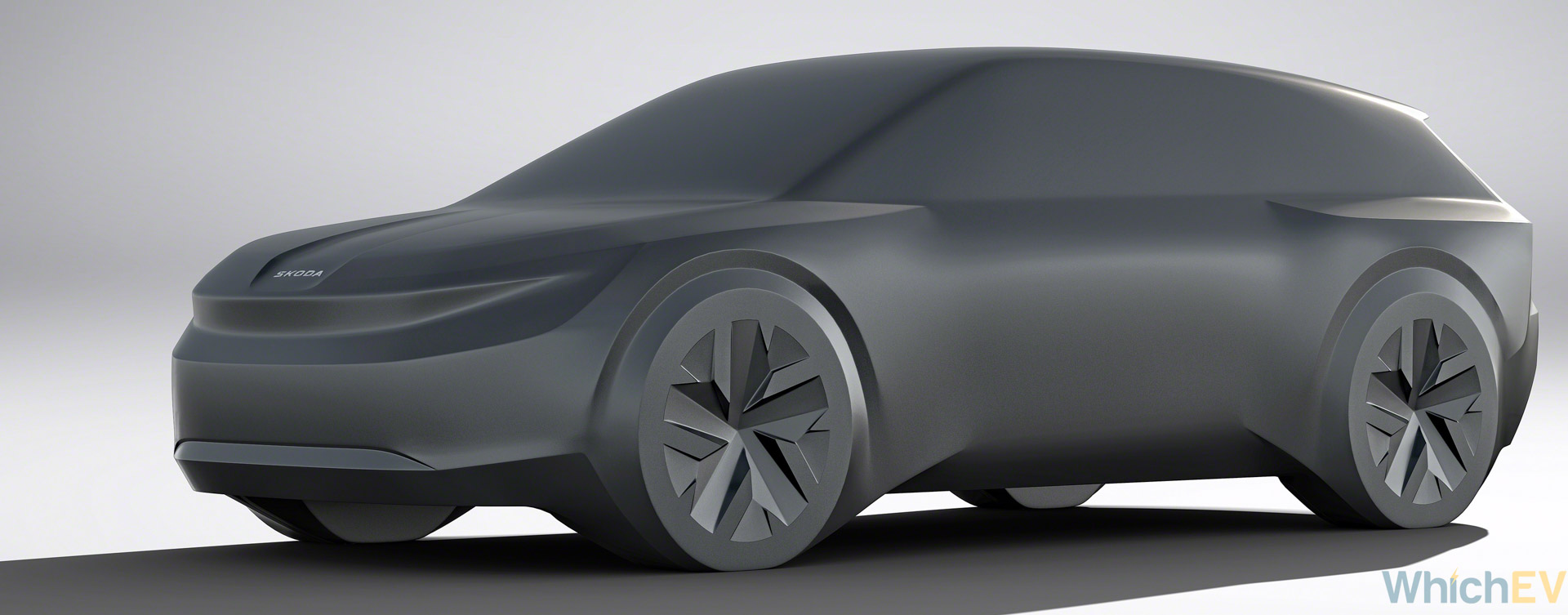
Skoda is focusing on renewable energy and recyclable materials by choosing environmentally friendly and recyclable materials and aiming for 100% CO2-neutral production in its Czech plants by 2030. The company also plans to reuse high-voltage batteries in stationary energy storage systems, and Skoda is placing emphasis on the sustainability of its products, increasing the use of natural and recycled materials in its cars. For example, the production of the underbody panels for a car like the Skoda Enyaq iV involves 13 kilograms of recycled plastics that come from old battery housings and bumpers.
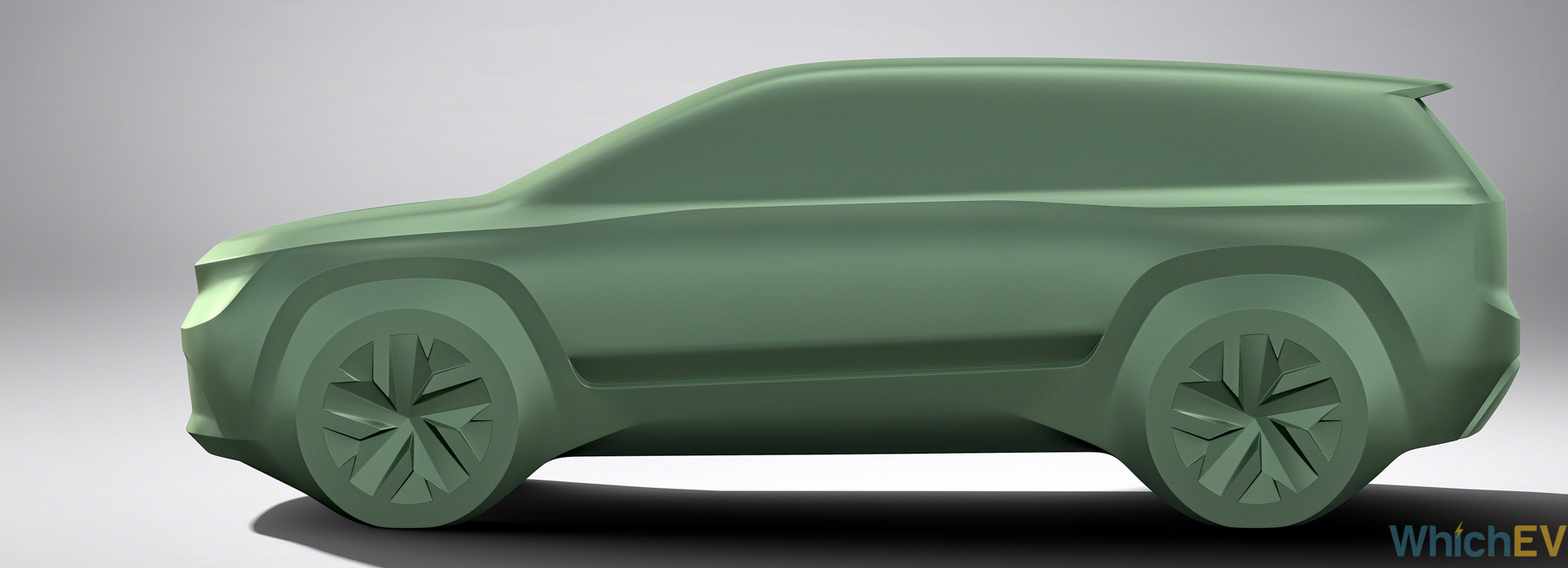
By the end of this decade, Skoda aims to operate its three Czech plants with net-zero carbon emissions, committing to using only electricity from renewable sources. The Vrchlabí plant, for DSG gearboxes, has been CO2-neutral since 2020, and the Mladá Boleslav and Kvasiny plants will follow in due course. Skoda is also using resources carefully across its production, reducing its ‘environmental impact per car', on average, by over 43% – compared to 2010. These savings will come from lower energy and water consumption, reduced CO2 emissions and less waste production from VOC (Volatile Organic Compound) waste emissions. When we reported on this last summer, the company's focus was on a 50% overall reduction in CO2 pollution.
Skoda has been manufacturing battery systems for MEB vehicles since May 2022, and the car manufacturer has already produced over 500,000 battery packs. Skoda aims to commission another MEB assembly line before the end of this year, increasing the total capacity of MEB battery systems from 1,000 to as much as 1,500 units per day.
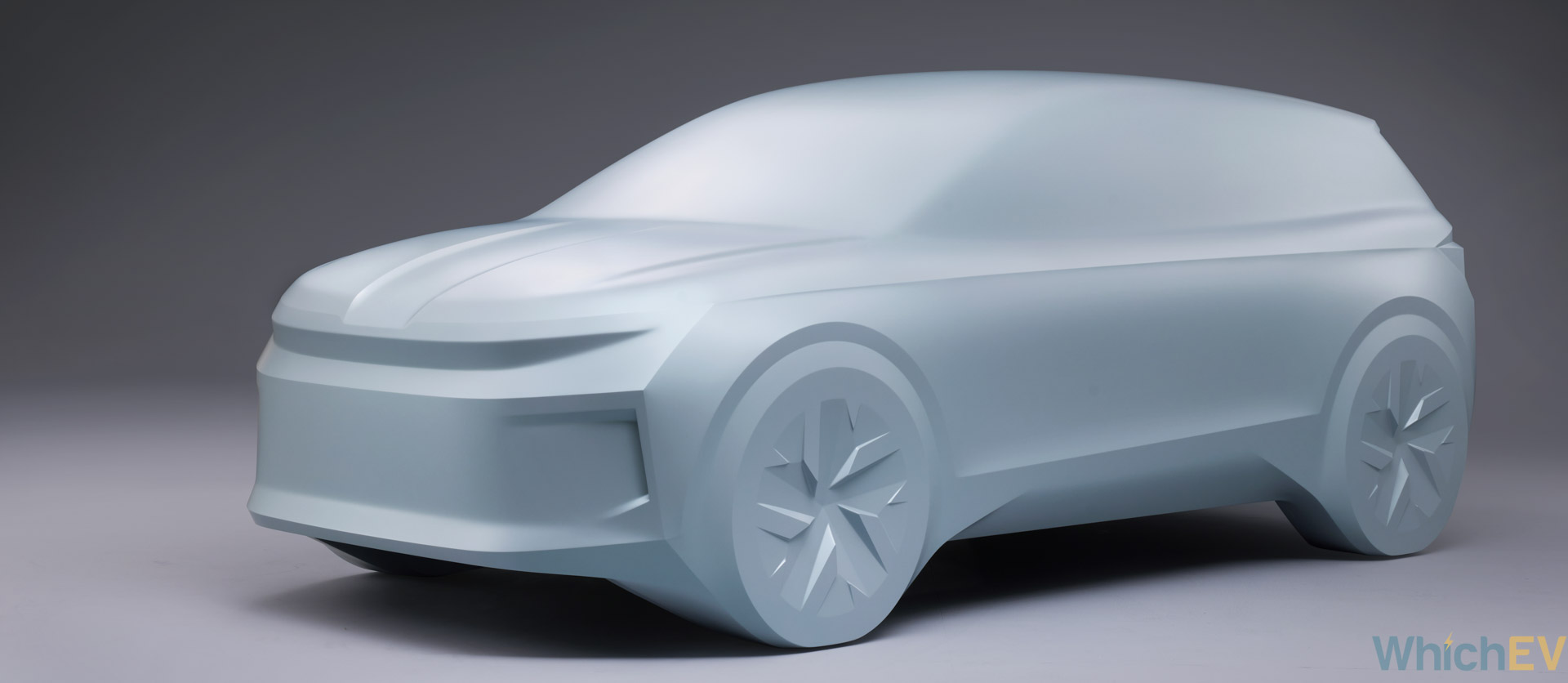
Skoda is also marking its move into electric mobility with a new design language for its upcoming BEV models. Called Modern Solid, it combines robustness, functionality, and authenticity. The Future BEV models embody modern simplicity, practicality, and honest design, with the Vision 7S concept previewing specific exterior and interior design elements.
Skoda is set to launch its new BEV models in response to the growing demand for environmentally friendly and sustainable vehicles. As the world's governments continue to implement stricter environmental regulations, car manufacturers are accelerating the transition to electric mobility.
If Skoda is serious about being focused on meeting the needs of its customers worldwide in this time of transition – then surely we will expect all of these next-gen models to be a lot more price-competitive in the market?
As a parting thought, we wonder if any of these new designs originated in Skoda's ‘Student Car‘ project?


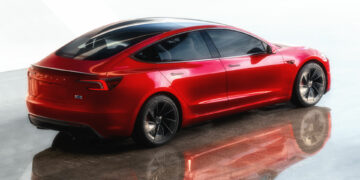
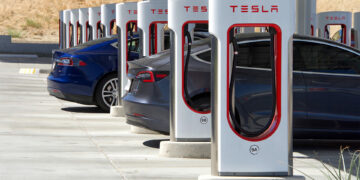


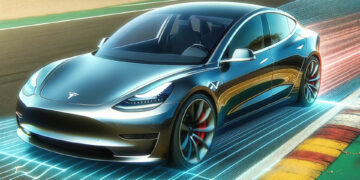

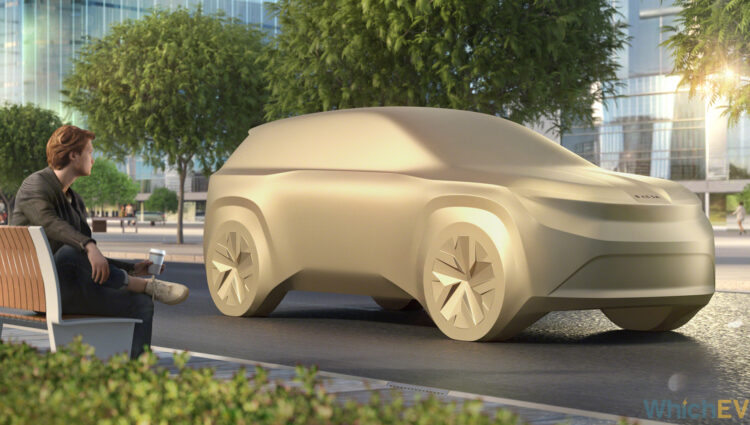









Discussion about this post